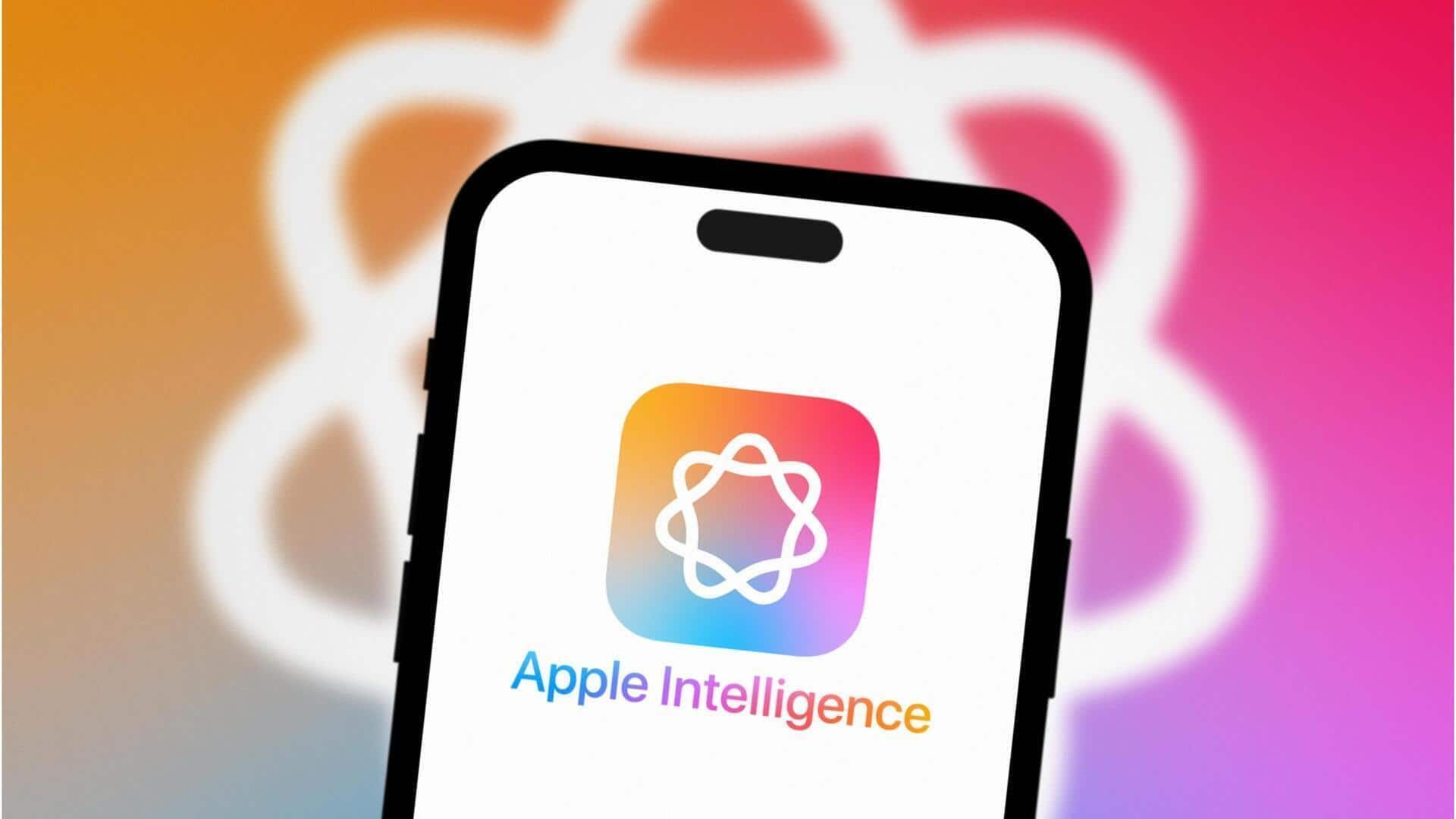
Apple's AI tools won't turn real photos into fantasy
What's the story
Apple is gearing up to introduce its suite of artificial intelligence (AI) features, including a "Clean Up" tool, later this month with the iOS 18.1 update. The tool, which is intended for the Photos app, enables users to quickly erase objects and people from photos. This was disclosed by Apple's software chief Craig Federighi in an interview with The Wall Street Journal. He highlighted the company's aim to provide AI-powered image editing tools that preserve the authenticity of photos.
Unique stance
Apple's approach to photo editing differs from rivals
Federighi emphasized that Apple's photo editing approach is less aggressive than that of competitors like Google and Samsung, who have tools that can add entire AI-generated elements into photos. He disclosed that the decision to include the "Clean Up" feature wasn't without internal debate at Apple. The company had to think if it wanted to make it easy for users to remove objects like water bottles or microphones from their photos.
Feature details
Apple's 'Clean Up' feature aims to preserve photo authenticity
Federighi explained the "Clean Up" feature is meant to remove items that may appear as unnecessary details in a photo but don't change its meaning. The decision was driven by high user demand for such a tool. However, he also expressed concern over AI's potential influence on how people perceive photographic content as indicative of reality.
User restrictions
Apple Intelligence restricts AI-generated manipulations
Unlike its competitors, Apple Intelligence, the company's suite of AI features, doesn't allow users to add AI-generated manipulations to images, at least not yet. To maintain transparency, any image edited with the new object removal feature will be marked as "Modified with Clean Up" in the Photos app. They will also have metadata showing they have been altered. This move is similar to other tech giants' precautions like Adobe's Content Authenticity Initiative.